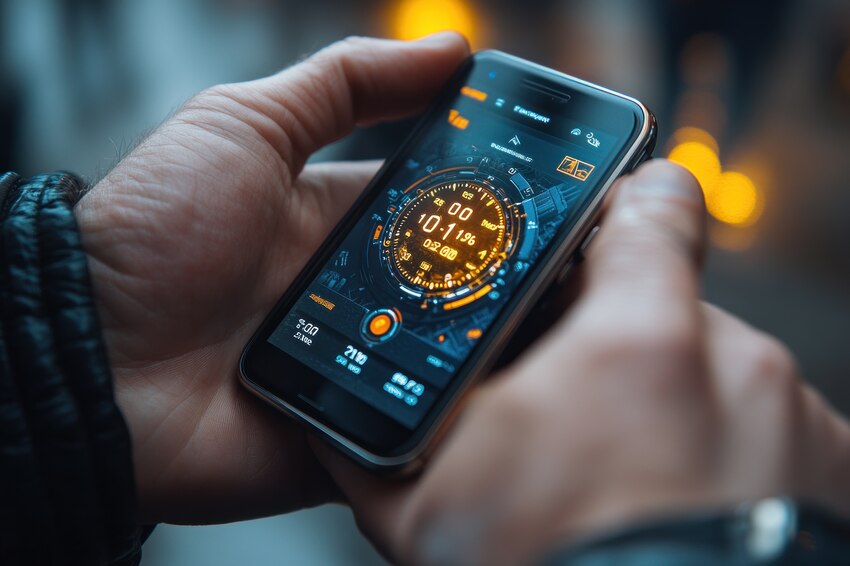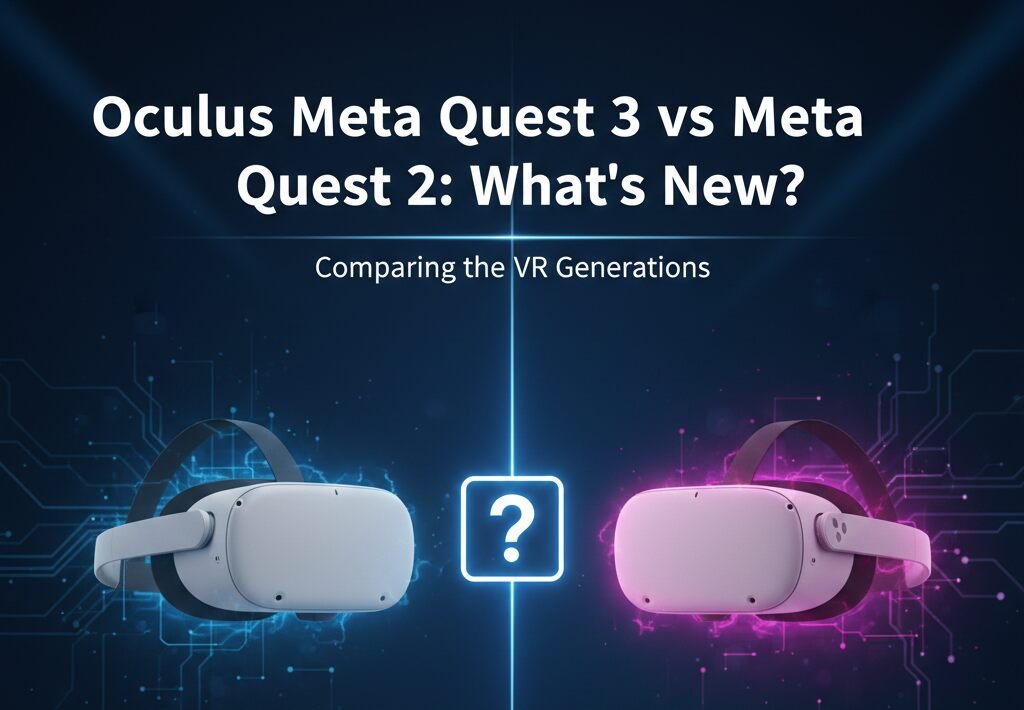The blockchain went a long way from simply being the technology associated with cryptocurrencies. The latest cutting-edge blockchain apps are emerging as new-generation technological solutions for a vast array of industries while striving to implement completely new breakthroughs in decentralization. It is these apps that come with novel approaches to serving the goals that have been in existence for many years and they all range from; Increasing security to increasing transparency and efficiency. With the increasing adoption of decentralized applications the mentioned advanced applications are thereby revolutionizing the future of technology and business.
What Are Blockchain Apps?
DApps or blockchain applications are developed to work using blockchain technology on a decentralized virtual platform. In contrast to regular applications that are stored locally on a single server or several interconnected servers, decentralized applications or dapps are decentralized – they spread all over the globe and are included in multiple nodes or computers of users from all over the world. These applications operate on smart contracts which are self-executing business contracts facilitated by digital code and do not require third parties to enforce them.
These apps are secure by default since they are decentralized applications which use a consensus mechanism in order to confirm all data on the network. Furthermore, since these applications are open-source and not directly governed by official bodies, they foster invention because the developers get to develop independent solutions.
Innovation Through Blockchain Apps
They used to be financial only (Bitcoin, Ethereum etc.) while contemporary cutting-edge blockchain apps venture into different industries. With those capabilities, they are offering unique solutions to problems in areas such as healthcare, finance, and supply chain, as well as the entertainment business.
Below, we showcase some of the most provocative, cutting-edge real-world applications of blockchain that currently challenge the status quo of innovation.
1. Decentralized Finance (DeFi)
Perhaps one of the most significant and one of the most dynamically developing areas of blockchain technologies – DeFi applications transform the ways people interact with financial services. The decentralized finance platforms allow users to lend, borrow, exchange, and invest without involving any banking system.
Some of the existing decentralized cutting-edge Blockchain applications are Aave; Compound and Uniswap; all these are modern systems that enable peer-to-peer financial transactions while making such processes easier, transparent, and secure. Such applications are so novel that they have created new phenomena such as yield farming, staking, and liquidity pools without control or supervision by a central authority. As a result, DeFi has cut out the middleman, to increase efficiency and power back in the hands of the users.
2. Non-Fungible Tokens (NFTs)
NFT has put the blockchain technology in spotlight in art, gaming and entertainment. Rarible, OpenSea as well as SuperRare are some of the popular NFT marketplace where one can mint, buy and sell the digital assets in form of the programmable token that is verified through blockchain technology.
In NFT, there is a clarity of ownership and verification of the product in today’s virtual world. The effect is that artists, musicians, and content creators can monetize their work in innovative ways. Not just limited to art and collectibles, NFTs have gone further towards virtual real estate and gaming where people can own actual assets in games, chunks of virtual space, and just about anything else. These advanced blockchain applications are actually driving the creator economy, engendering artists and conversely propelling an imaginative new marketplace.
3. Supply Chain Management
Blockchain technology has turned out to be crucial in enhancing supply chain visibility, which in effect allows users to track their products from the point of production to consumption. The current blockchain apps such as VeChain and IBM Food Trust present the most advanced solutions to increase reliability, minimize fraud and protect the genuine supply chain.
For instance, through using of the VeChain platform, all the transactions of certain goods are recorded in the chain, thus allowing the management to track such goods through the supply chain. This makes it possible for data to be secured, and it also ensures that all the processes in the supply chain are credible. Such transparency is particularly relevant to businesses in industries that involve the sale of food and drugs, since it is a quality product and customer safety respectively that are at play.
4. Most commonly seen as decentralized identity verification.
With a growing number of personal data assets exposed to breaches, decentralized identity applications are being developed to return user authority over personal data. Social apps such as Civic and uPort allow their users to keep personal identifiable information safe and easily retrievable on the blockchain thereby eradicating the centralised identity challenged databases easily infected by hackers.
The distributed identity checking means that personal data are shared only if a user allows it, thus minimizing identity fraud and empowering users on ownership of their data. The main purpose of such apps is providing services in Internet payments and can be useful for such actions as signing of the contracts, opening bank accounts, and even voting in the elections.
5. Healthcare Solutions
In healthcare, the problem of data and record management has been broken given that the industry has been inefficient for quite sometime. Smart-contract based blockchain applications such as MedRec and Patientory are innovatively solving these problems by developing a decentralized system for medical data.
Below are some of the benefits the blockchain-based healthcare apps which can produce fresh approaches to managing digital health records creating a way to share medical records securely and guaranteeing that patient information is only available to those permitted to see it. This will allow patients to retain the stewardship of their information while only sharing it with healthcare providers on a need-to-basis, while at the same time eliminating the problem of inaccuracy of data in patients’ records as well as high administrative costs.
6. Decentralized Cloud Storage
As the need for applications storing data persists, there are decentralized cloud storage apps that guarantee a safer way of doing it. Other blockchain based applications include; Storj, Filecoin and Siacoin to mention but a few, are creating decentralized storage networks that are more secure and private compared to data storage companies in the market.
These apps distribute data in the decentralized network of nodes hence getting rid of bounded nodes and data duplication and leakage. Peer-to-peer data storage platform, storage space from the devices are rented out to other people in exchange for the cryptocurrencies.
7. Decentralized Autonomous Organizations or more commonly known as DAOs
DAOs can be considered as the new form of the decentralized organisational management applied to the blockchain technologies for transparent decision making. Advanced smart applications in the Blockchain technology such as Aragon and DAOstack enable users to run and take part in collective organizations whose operations are determined by members with token control instead of managers.
DAOs essentially are the decentralized organizations, or, in other words, the tools that can be applied in different fields, including investing or even community governance. Backed and facilitated by the use of blockchain networks, the practical functioning of DAOs eliminates third parties and ensures Stakeholders’ openness to exercising their influence collectively.
The Future of Blockchain Apps
The promising development of new and innovative blockchain-based applications is too early. Such applications are already in a state of development, and as the conditions change, so do these applications – making entire industries more secure, efficient, and decentralized in the process. It suggests that more wonderful applications of the technique will appear in the following years as more improved blockchain concepts are deployed out in the market.
To a large extent, there can be no doubt that blockchain has the capacity to disrupt the conventional systems. Through modern blockchain apps, the parties involved stand to gain more credibility, safety, and freedom throughout the marketplace. Looking at the future when this technology matures and becomes fully developed, the limits to move away from centralized solutions will continue to shift to the side of decentralization, thus bringing the world further to decentralized models.
Conclusion
Cutting-edge blockchain apps are on the distributing edge of the technological upheave. From disrupting financial services through decentralized finance to disrupting healthcare, identity, and supply chain sector, those applications are causing decentralization and innovation across sectors. As the number of industrial applications of blockchain increases, more and more revolutionary apps will emerge, changing our interface with technology and each other.
Read Dive is a leading technology blog focusing on different domains like Blockchain, AI, Chatbot, Fintech, Health Tech, Software Development and Testing. For guest blogging, please feel free to contact at readdive@gmail.com.





